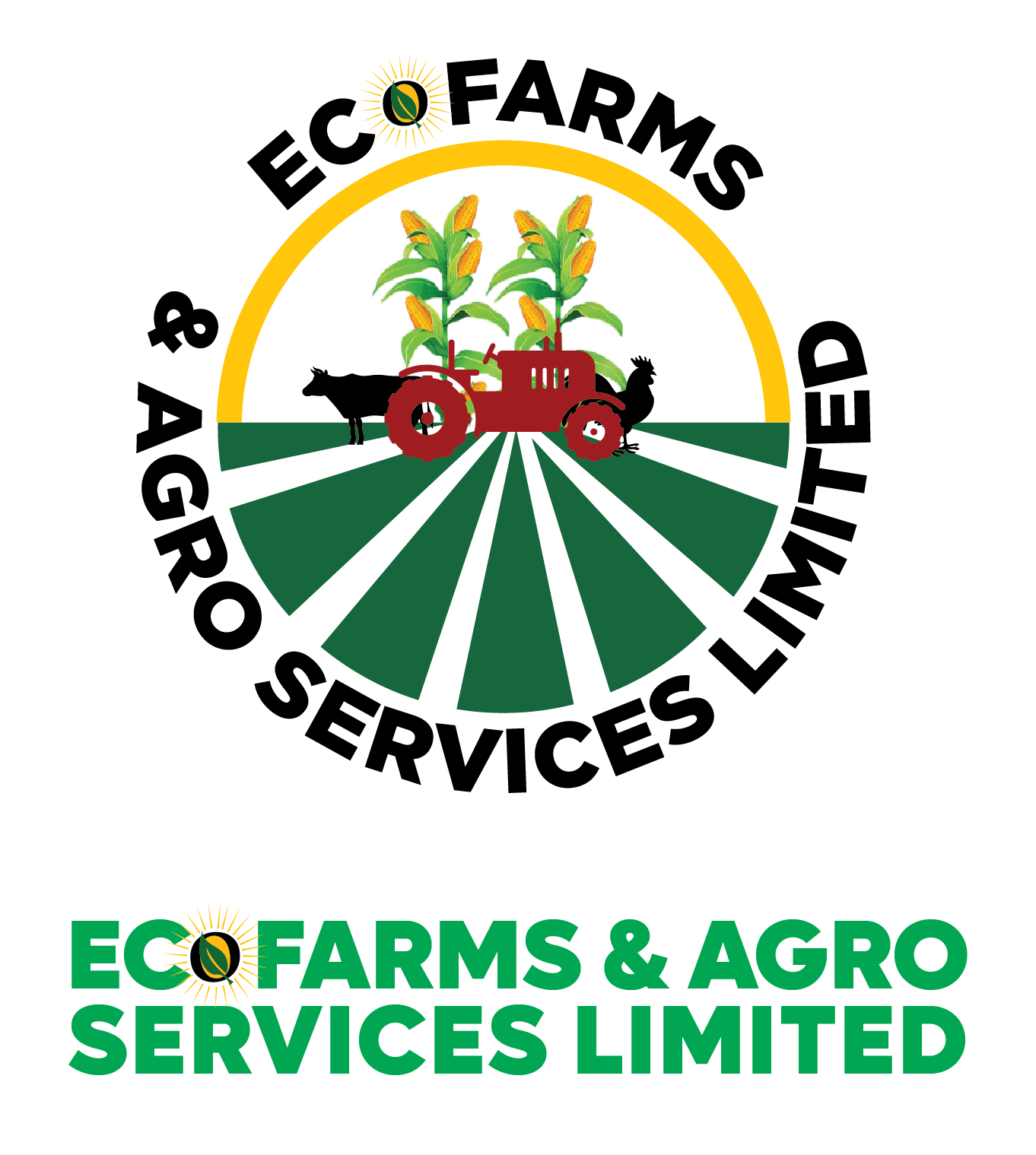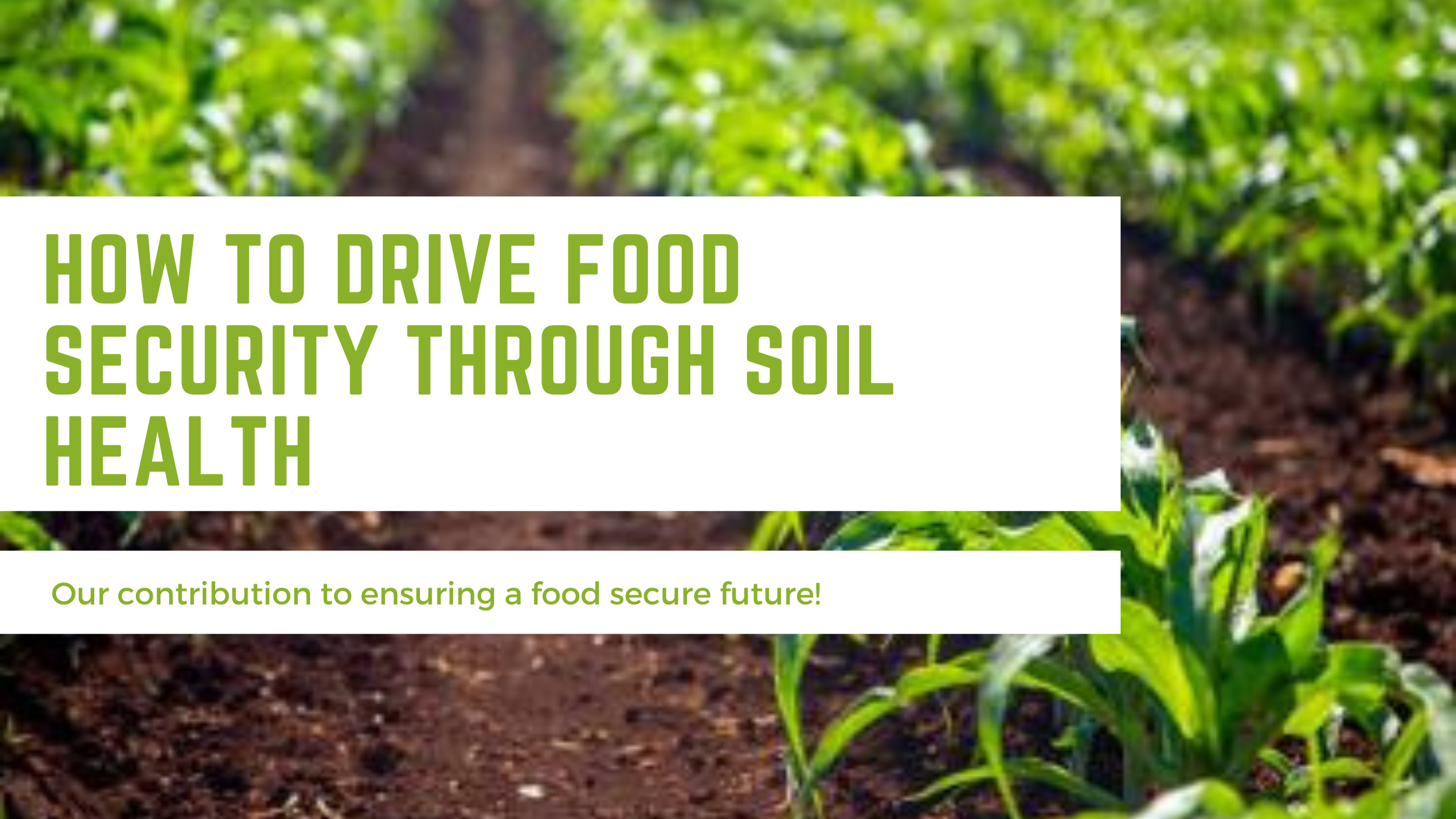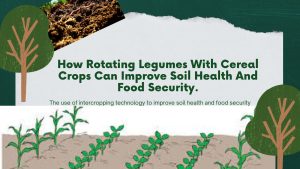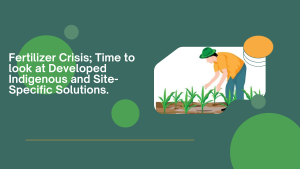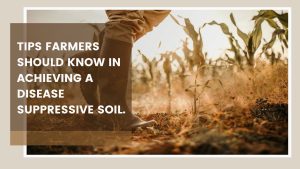Our Silent Ally.
2015 saw an exciting beginning, a shift to more emphasis on the need to conserve soil health and ensure soil management protocols that would improve soil fertility and biodiversity. The United Nation flagged off the ”world soil day” to showcase that sustaining the life force on which all agricultural systems rely and invariably all life forms are key to driving food security. A key component of agricultural sustainability is conservation and fertility management. Soil is critical for ensuring food security. It is the basis for food, energy and other lifesaving production.
Prevailing Challenges in achieving and maintaining soil health.
Soil all over the world face a number of challenges, top on the list includes: Poor farm practices; largely from the excessive and abusive use of artificial fertilizers, a practice that has greatly destroyed soil biodiversity and overall soil fertility.
Next on the list is topsoil erosion. A natural process that has been exacerbated by man’s activities, which exposes the topsoil to more rapid erosions. The Food and Agricultura Organization (FOA) has estimated that top soil erosion carries away nearly 40 billion tons of topsoil yearly, significantly reducing the soil’s ability to store nutrient for plants. consequentially impacting agricultural productivity.
Furthermore, excessive use of pesticides and herbicides results in soil acidification and ground water contamination. Substantially, impacting on useful soil microbial communities, insects and overall biodiversity. This alters the collective functions of soil ecosystems, and increases the likelihood of soil infertility.
Approaches And Efforts for Achieving a Sustainable Soil Health.
Increasing farmers awareness particularly, small holder family farmers to these challenges and solutions as a way to mitigating them is the first approach to achieving a sustainable soil health. Secondly is providing actual solutions; that can increase soil organic matter. Soil organic matter is crucial to maintaining soil health and increasing fertility. Healthy soil provides farmers with better crop yields, help reduce overdependence on artificial farm inputs, as the crops are healthy and able to ward off pest and thrive. In turn, the farmer saves cost on production and is able to produce more affordable food options. Hence maintaining soil health is crucial for agricultural growth and productivity.
Our Efforts at Ecofarms and Agroservices.
We at Ecofarms and Agroservices and our partners are working with small holder family farmers and large-scale industrial farmers alike in Nigeria and other sub-Saharan African communities, to promote and encourage sustainable agricultural practices. These approaches include:
- Knowledge sharing and awareness on the importance of soil health, and good agronomic practice to maintain and improve soil quality.
- Awareness and demonstration of Integrated Plant Nutrition System (IPNS).
A holistic approach to plant nutrition management by the use of a higher ratio of organic fertilizer blended with a minimal ratio of inorganic fertilizer to achieve fertilizer use efficiency. This system helps to maintain and sustain soil fertility and enhance crop productivity in an ecologically compatible, socially acceptable and economically viable way.
- Improved access to quality farm inputs -timely, affordable and in person delivery.
- Direct access to storage, logistic and market structures.
Adaptation of these practices has helped to reduce food waste, improve soil fertility and overall crop productivity in all agro-communities we are engaged with. Maintaining soil health is a key imperative for agricultural sustainability and a key factor for achieving food security. As the world celebrates the World Food Day, let’s not just talk sustainability, but act on it. Please join us to drive this key solution.
